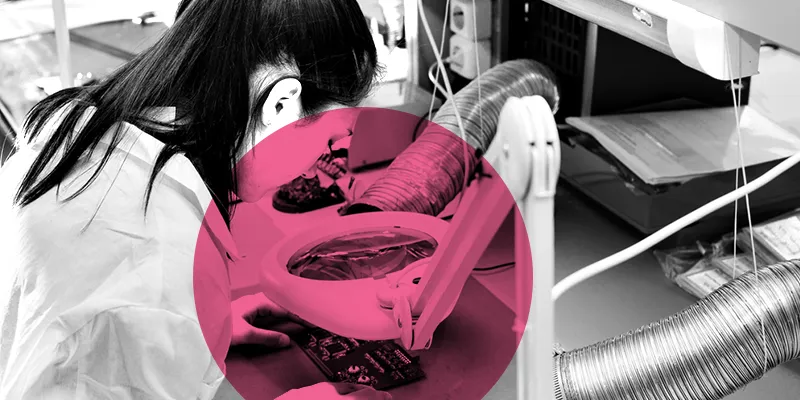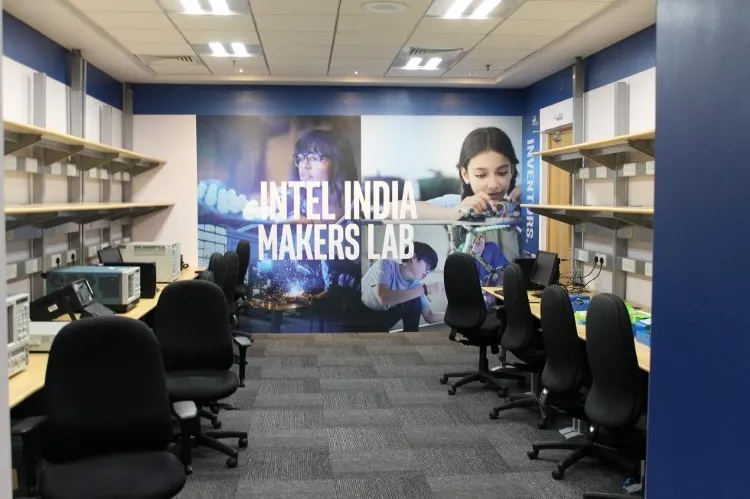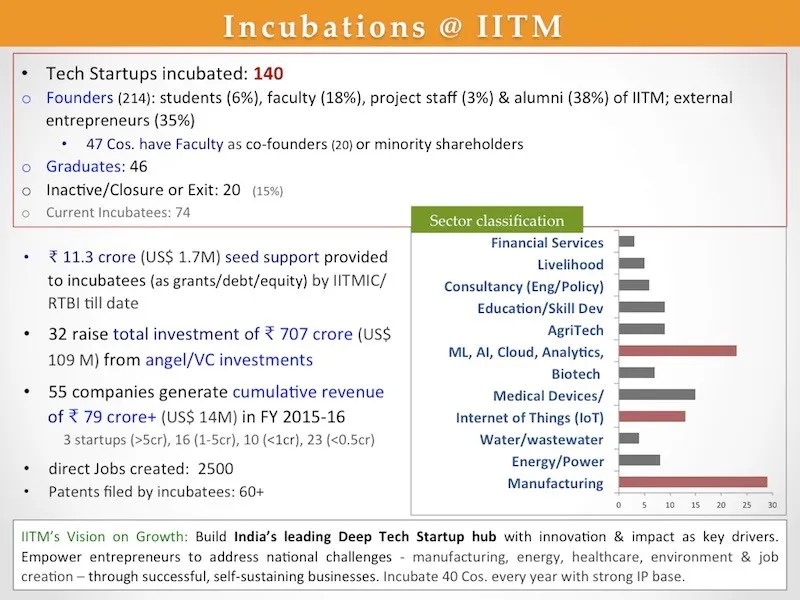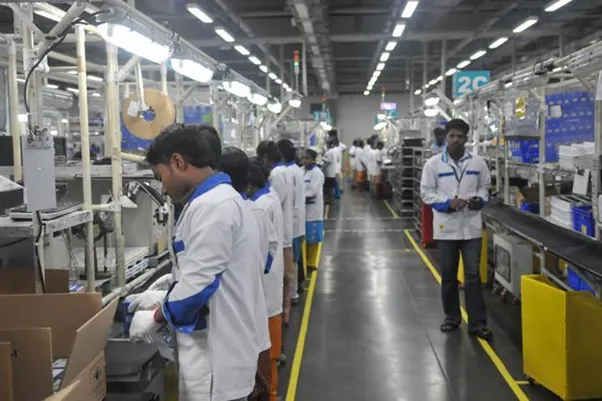The Indian hardware ecosystem: trends and insights
The biggest challenge hardware and systems startups face is the lack of a well-developed infrastructure.

India has always been known for its development and progress in the software sector rather than hardware and systems innovations. Indeed, it is difficult for a country so centred on services to change into a nation of products companies.
The biggest challenge hardware and systems startups face is the lack of a well-developed infrastructure. The presence of lab facilities for testing the prototypes of these products before taking them to the market, were almost non-existent in the earlier days. Another major challenge that entrepreneurs faced was a lack of trained personnel and experienced mentorship for new recruits and team members.
The difficulties are in abundance, from an absence of a framework to poor circulation to not really having a B2C showcase for new or favour items.
India is a value sensitive economy and business people are discovering that the vast majority won’t purchase an item out of curiosity, just like the case in the US. Need is principally what drives the request for an item.
Indeed, a dominant part of the product-based companies that exist in India is in the medicinal services, to a great extent since human services is a need, not an extravagance.
Healthcare product startups are ceaselessly manufacturing items which are shoddy, maintainable, and sufficiently sturdy to withstand harsh usage in healing facilities.
Having all these characteristics at a low cost isn’t simple. Also, the absence of a proper distribution platform raises cost and time for the conveyance of the product.
However, this pattern is changing with many new opportunities on the horizon.
However, according to the NASSCOM-Zinnov Start-up Report, 2016, in the last few years, the technology sector has received a boost from the Government of India’s innovative ventures such as Digital India, Startup India and Make in India initiatives. These have helped empower budding new entrepreneurs and enthusiastic startups, paving the way to improve the tech infrastructure in the country, as well as give the manufacturing sector a makeover.
A project called the Intel Maker Lab has since been launched to offer infrastructure, tools, and guidance as part of the ‘Make in India’ drive. It has further joined hands with IIT Mumbai and the Department of Science & Technology, to launch Plugin, a hardware startup incubator, to support startups from proof-of-concept to the final product.

Intel India Maker labs support hardware and system startups
IIT Madras, which is one of the well-known engineering colleges in India, has also given substantial support to the hardware startups with their one-of-a-kind IITM Incubation cell. Ather Energy, Planys, Conzumex Industries are some of the upcoming startups that have utilised the offerings of IITM Incubation Cell and are focused on creating hardware.

Recently, the government expressed a special interest in appealing investments in the hardware sector with attractive policies, in view of the demand for electronics goods in the global market.
Even until 2014, the manufacturing sector was insignificant. However, it has now witnessed a leaping 20 percent growth. Specifically, the electronics hardware sector is in the news for all the right reasons.
Reliance Group’s Mukesh Ambani plans to open a large manufacturing facility at Tirupati to make Jio mobile handsets. Big investors are now actively showing interest in the potential that this sector holds.

More manufacturing units are opening up in India
AerX Labs is a rising simulation demonstration company that creates professional-grade simulators for pilot training in flight schools and airlines. Cooey is helping change the paradigm for monitoring health through smart devices that collect and analyse vital signs for patients.
- Chandrasekhar, President of the software body NASSCOM, has observed that the line between hardware and software has slowly been obscured, with a larger number of startups indulging in the innovation of both.
In conclusion, it is true that the ecosystem surrounding hardware and manufacturing is a competitive one, with global giant companies from China, America, and Germany, having an edge over the rest. However, with support from angel investors, government initiatives and dedicated entrepreneurs, the Indian hardware ecosystem is still a large enough playground, where younger startups can prove themselves.
(Disclaimer: The views and opinions expressed in this article are those of the author and do not necessarily reflect the views of YourStory.)







